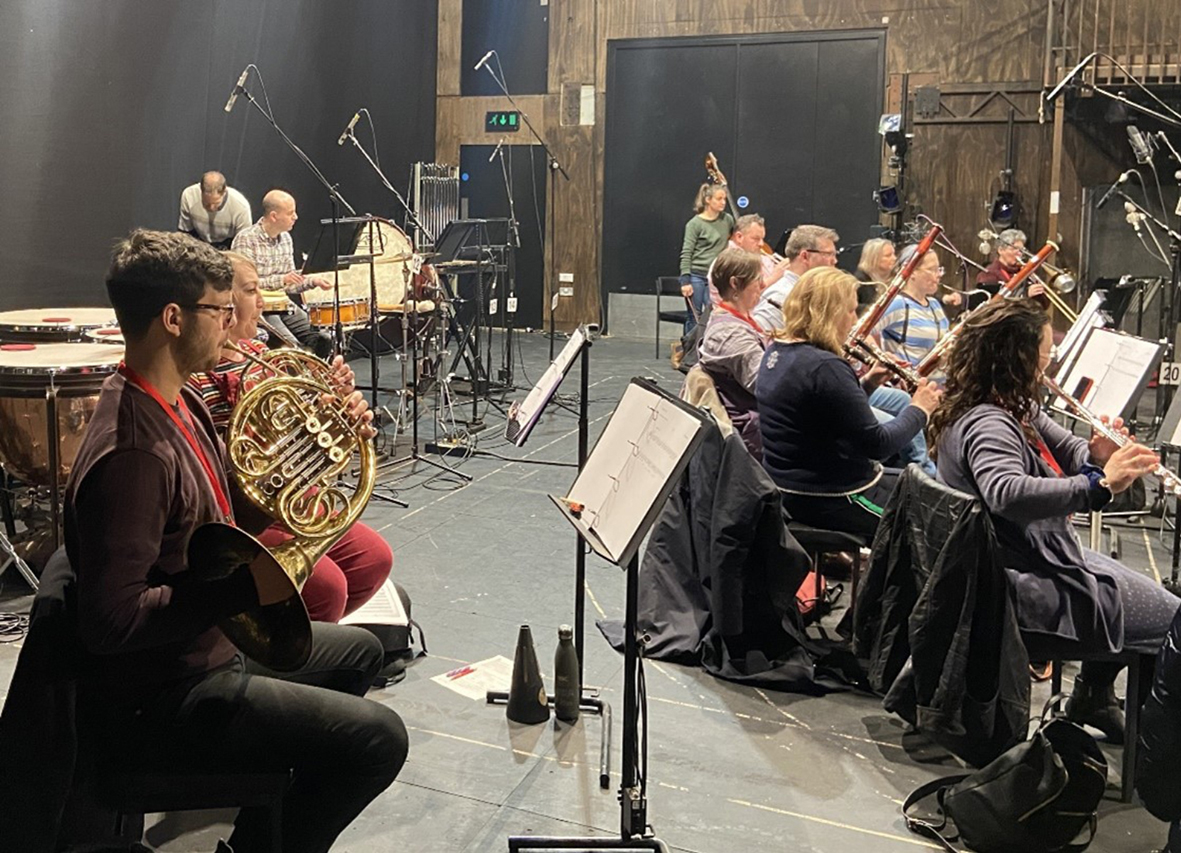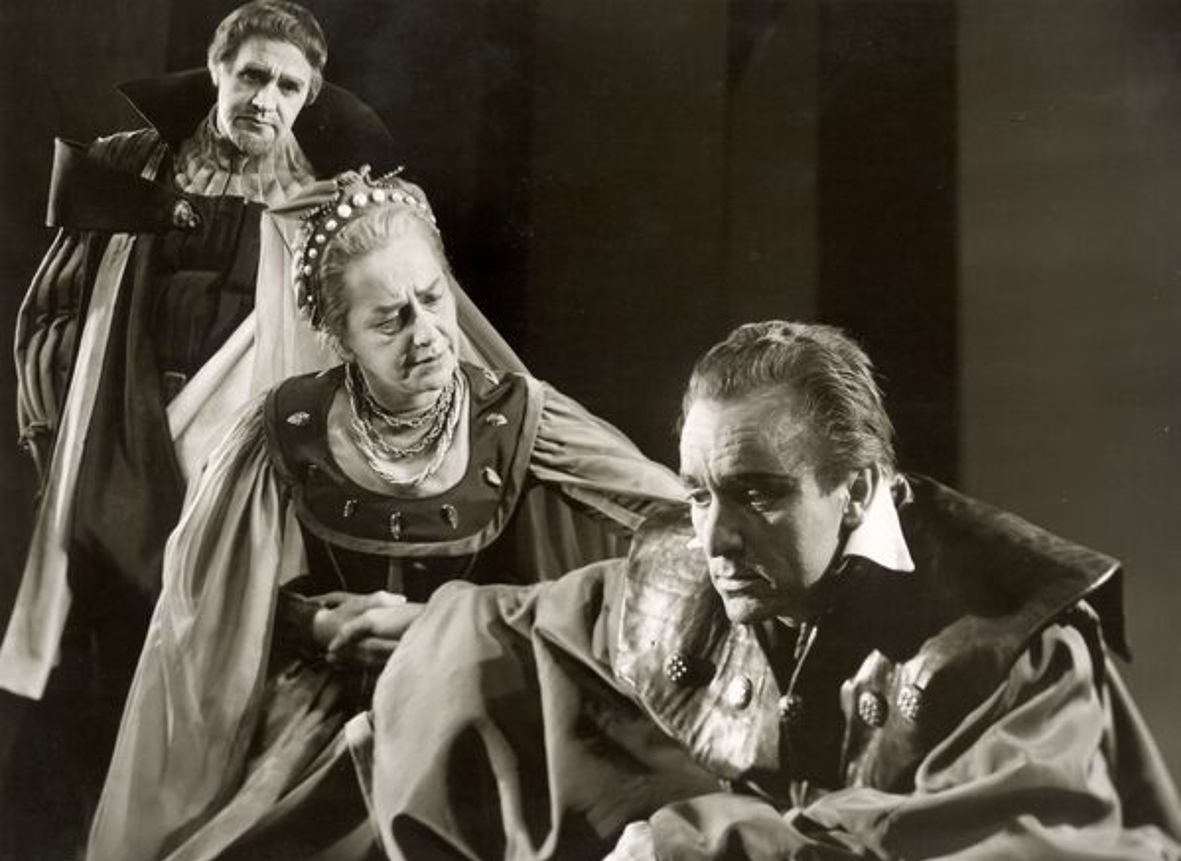Lennox Berkeley’s incidental music for ‘The Winter’s Tale’, RSC 1960
Tony Scotland writes about the premiere recording of Lennox Berkeley’s forgotten score for the RSC’s ‘The Winter’s Tale’ 1960.
The complete score of the incidental music which Berkeley wrote for Peter Wood’s production of The Winter’s Tale at Stratford-upon-Avon in 1960 has been found in the archives of The Shakespeare Birthplace Trust, and recorded for a CD which will be released in the summer of 2024. 1 It's a part of the Royal Shakespeare Company’s series of recordings of music specially commissioned for its productions. Lennox’s score provides thirty-seven pieces of music to illustrate the narrative, and there are indications that he was particularly pleased with the music he wrote to illustrate the miracle at the end, when the statue of Hermione comes to life. 2

He sets his music for a pair each of flutes, oboes, bassoons, horns and trumpets and a trombone, with songs for Autolycus, the lovable rogue who provides comic relief from the early horrors at the court of Leontes. In the RSC recording this role is taken by the actor and singer Mark Meadows. In the 1960 production the part was taken by Jack MacGowran, with Eric Porter as Leontes and Peggy Ashcroft as Paulina, the fair-minded noblewoman who forces the kind to consider his actions.

The score was given its first public performance, as a concert piece, by the Southbank Sinfonia at St John’s Smith Square, London, in 2016, in a programme including Vaughan Williams’ music for Richard II and Rubbra’s for Macbeth. The RSC’s Head of Music, Bruce O’Neil, described Berkeley’s Winter’s Tale music as ‘a delight – a beautiful example of his theatrical sensibility through his neo-classical prism’. And James Murphy, then managing director of Southbank Sinfonia, called it a ‘ravishing’ score, ‘which sees the composer at his most desolate and playful, as the play’s two halves require, with colours in it that the composer only hints at elsewhere in his canon’. 3
This music has never been recorded before, although Autolycus’s song ‘When Daffodils begin to peer’ appears on an English Serenata disc, Sweet Swan of Avon (Meridian CDE 84301). Lennox made a suite of nine movements from his complete incidental music for The Winter’s Tale score, and this was published by Chester Music in 1962. He also wrote incidental music for a production of The Tempest at Stratford in 1946 (directed by Britten’s operatic collaborator Eric Crozier), and Decca recorded some of the songs from it. Scores of both these Shakespeare settings can be found in the Berkeley holdings in the British Library.